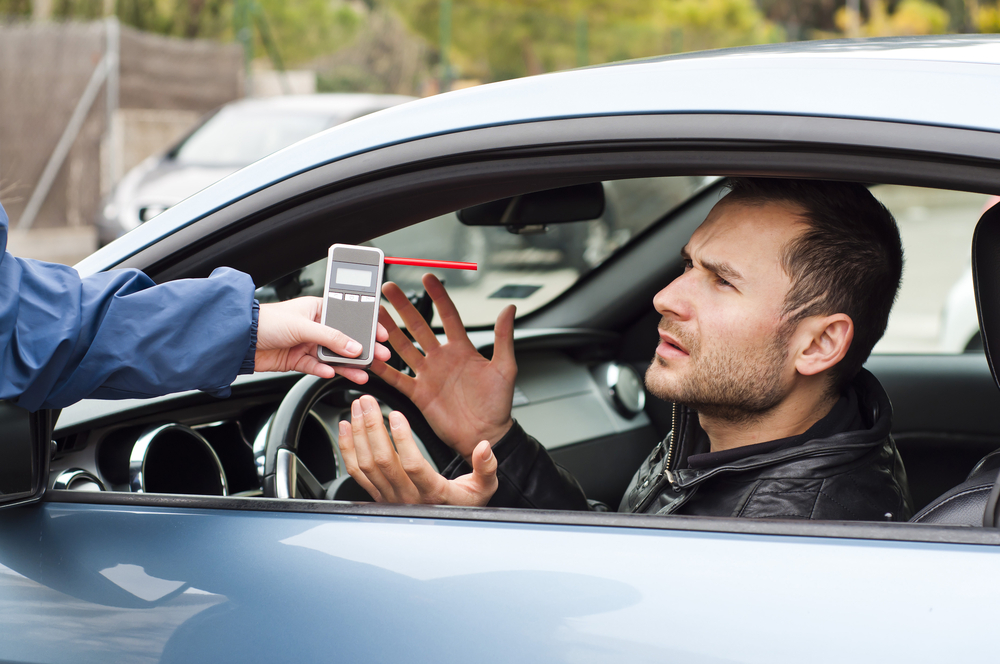
When it comes to driving while intoxicated (DWI) cases in Texas, understanding the consequences of refusing a breath test is very important. While the state requires individuals to provide a breath sample if lawfully arrested for DWI, our Dallas DWI lawyers get the common question: “What happens if you refuse a breath test?”
Let’s explore the potential outcomes and legal ramifications of refusing a breath test in Texas. By gaining insights into this topic, you can make an informed decision if you are faced with this scenario in the future.
The Law Offices of Randall B. Isenberg is available 24/7 for those facing DWI charges and offer a free consultation to discuss the details of your case.
Is it Illegal to Refuse a Breathalyzer or Blood Test in Texas?
By obtaining a driver’s license in Texas, individuals implicitly consent to provide a breath or blood sample if they are lawfully arrested for DWI. This concept is commonly referred to as the implied consent law.
Prior to being arrested, it is within your legal rights to decline any testing for blood alcohol concentration (BAC). However, after being arrested, individuals still have the option to refuse chemical testing. Law enforcement must generally respect this decision, but penalties may be imposed for refusing chemical testing.
Can the Texas Police Take a Sample Breath Test Without Consent?
The state’s implied consent law establishes that by operating a motor vehicle on Texas roadways, individuals are deemed to have implicitly consented to provide a breath or blood sample if they are lawfully arrested for driving while intoxicated (DWI).
This means that if you are lawfully arrested for DWI in Texas, the police have the authority to administer a breath test without requiring your explicit consent. The purpose of this test is to measure your blood alcohol concentration (BAC) and determine whether it exceeds the legal limit of 0.08%.
Refusing to take a breath test after a lawful arrest for DWI can lead to consequences, including the suspension of a driver’s license. If you refuse to submit to a breath test, your driver’s license can be automatically suspended for a period of time, even if you are not ultimately convicted of DWI.
While the police can administer a breath test without explicit consent after a lawful arrest, they cannot use excessive force or coercion to compel you to take the test. Law enforcement officers must adhere to proper procedures and respect your rights during the testing process.
What Penalties Come With Declining a Breath Test in a Texas DWI Case?
Refusing a breath test in a Texas DWI case can result in both administrative and criminal penalties. The administrative penalties include an automatic driver’s license suspension, typically for 180 days, which can increase if you have prior DWI convictions or refusals.
You will also be required to participate in the Administrative License Revocation (ALR) Program, which may lead to further license suspension. On the criminal side, refusing a breath test does not prevent the prosecution from pursuing DWI charges based on other evidence.
Your refusal can be used as evidence of consciousness of guilt. If convicted, you may face fines, probation, alcohol education programs, community service, and potentially jail time, depending on the circumstances. It’s important to consult with a DWI attorney to understand the specific penalties that apply to your case.
Is it Ever Beneficial to Turn Down Taking a Breathalyzer or Blood Test?
Refusing a breathalyzer or blood test is a decision that should be carefully considered. While there may be situations where refusing a test could potentially benefit an individual, it is necessary to weigh the pros and cons.
One potential advantage of refusing a breathalyzer or blood test is that it eliminates the possibility of providing evidence that could be used against you in court. Without a test result indicating your BAC, the prosecution may have a more challenging time proving your level of intoxication.
Refusing a breath test in Texas does not guarantee immunity, and the prosecutor may insinuate that refusing is indicative of guilt because you knew that you wouldn’t pass. However, a DWI defense lawyer in Dallas can argue against this and present with irrefutable evidence the reason why a breath test was refused.

How a Texas DWI Lawyer Can Assist You if You Declined a Breath or Blood Test
Refusing to comply with a breath test in Texas may come with its own set of challenges, but consulting and hiring a Dallas DWI lawyer can be beneficial no matter what. The attorneys here at Randall B. Isenberg Law Firm provide the following advantages:
- Legal guidance: We can assess the specific circumstances of your case and provide personalized legal advice. We will explain the potential consequences of refusing a test, help you understand your rights, and guide you through the legal process.
- Defense strategy: Our skilled lawyers will develop a strong defense strategy tailored to your case, evaluate the legality of the stop and arrest, challenge the validity of the refusal, and identify any potential violations of your rights.
- Negotiations and pleas: Your lawyer can engage in negotiations with the prosecution to potentially reduce the charges or penalties you face. They may leverage their knowledge of the law, your specific circumstances, and any weaknesses in the prosecution’s case to seek a favorable plea agreement.
- Court representation: If your case goes to trial, our DWI lawyer will provide aggressive representation in court. Our extensive experience allows us to present your defense, cross-examine witnesses, challenge the prosecution’s evidence, and advocate for your freedom.
Let our knowledge of DWI laws and legal procedures help you after your refusal. Contact The Law Offices of Randall B. Isenberg today to schedule your free case evaluation today.










